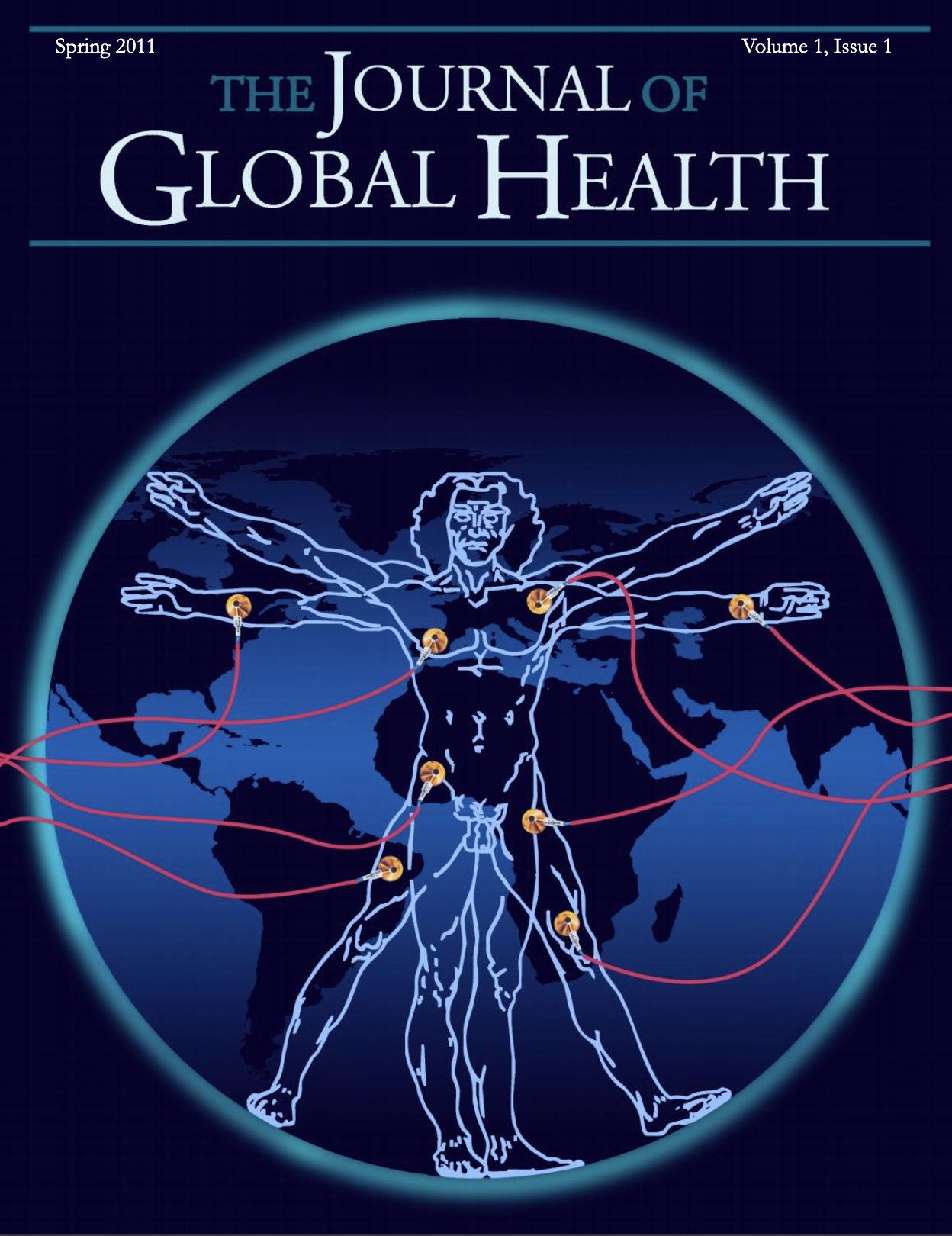Ethical Dilemmas in Global Clinical Electives
Main Article Content
Abstract
A recent Association of American Medical Colleges survey found that 30% of graduates of U.S. medical schools reported participating in global health experiences (Association of American Medical Colleges, 2010). Previous research has shown that international rotations foster cultural awareness, elicit a deeper understanding of poverty, and influence students to pursue careers caring for underserved populations (McKinley, Williams, Norcini, & Anderson, 2008; Ramsey, Haq, Gjerde, & Rothenberg, 2004; Shaywitz & Ausiello, 2002). Despite considerable interest in global health education from students and its reported benefits, however, most schools have not integrated formal global health programs into their curricula (Izadnegahdar et al., 2008; Panosian & Coates, 2006). Only recently have formal ethical guidelines for global health experiences been introduced (Crump, Sugarman, & Working Group on Ethics Guidelines for Global Health Training, 2010; Provenzano et al., 2010). The lack of an institutionalized framework for global health education has had important ethical and educational implications for medical students who pursue electives in resource-poor settings.
International research programs are governed by well-developed clinical guidelines, but global clinical electives carry with them many ethical challenges that have received relatively little attention (Shah & Wu, 2008). While international research programs contribute to the larger academic discourse and are subject to institutional review board approval and other ethical standards, clinical programs that involve students also impact the local community and thus require similar attention. In particular, the perspectives and needs of institutions that host and support foreign students at the international clinical sites in low-resource settings (“host institutions”) have been neglected. Electives have been described as a “one-way opportunity” that favor students who visit from wealthier institutions (Mutchnick, Moyer, & Stern, 2003). Paradoxically, the disproportionate focus on the benefits for visiting students rather than for the host institution reinforces the same disparities in wealth and opportunity that global health programs seek to address.
The case studies presented here, based on the experiences of the student authors, show the need for a more cohesive, informed approach to global health electives. Through building formal, long-term, global North-South partnerships, medical schools and host institutions may prevent many of the ethical dilemmas that arise as a result of global clinical experiences (Horton, 2000). We recommend specific guidelines to ensure that clinical electives in low-resource settings are ethical and mutually beneficial for both visiting students and host institutions.

